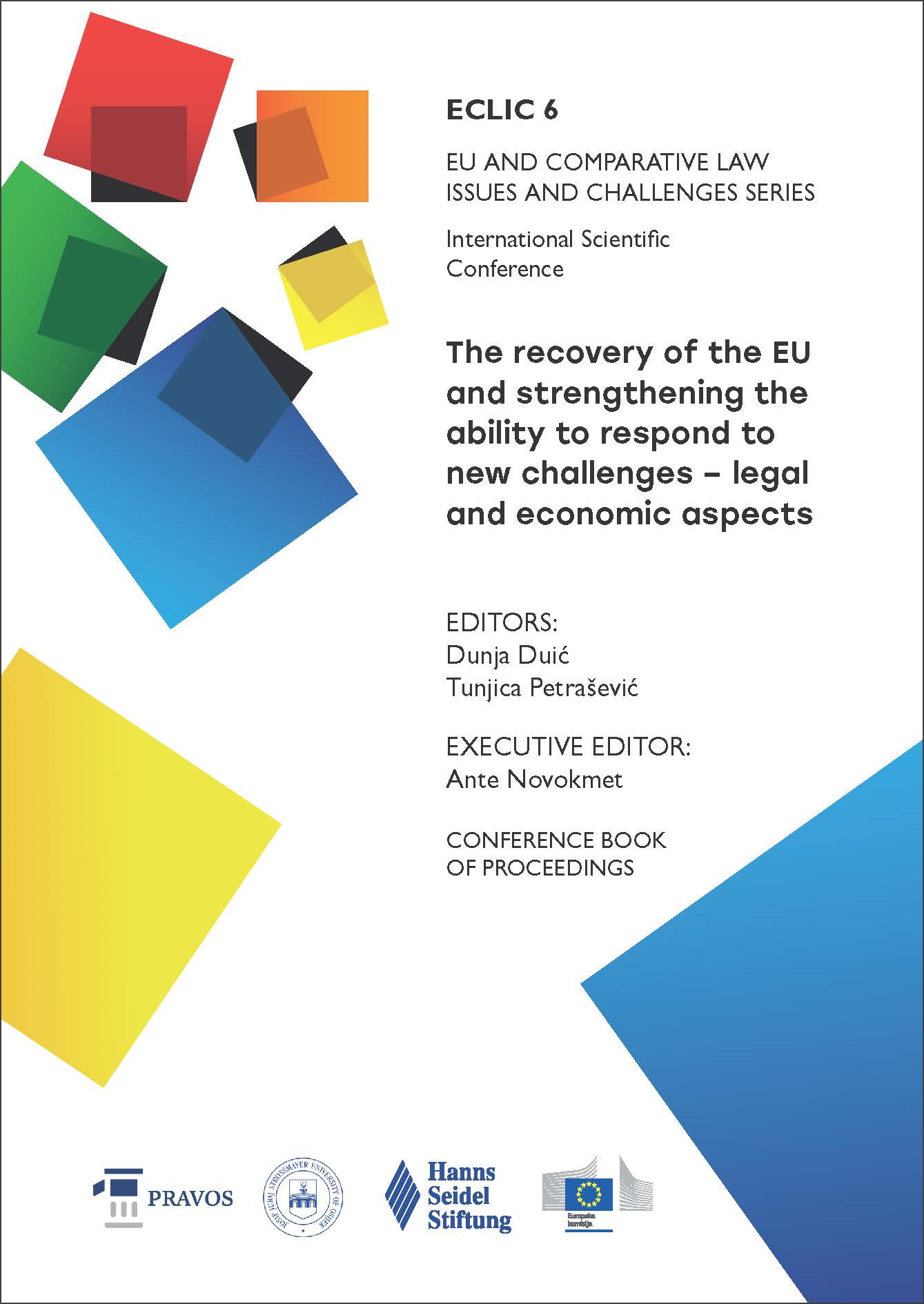„SMART CITY” CONCEPT AS A POSSIBLE ANSWER TO NEW CHALLENGES IN POST-COVID ERA
DOI:
https://doi.org/10.25234/eclic/22442Abstract
The “Smart City” concept and “smart digitalization” represent implementation of information and communication technologies in local government units. This is a new approach to local governance in managing various local government services and delivery of goods. Local government represents a form of political and administrative territorial organization, with specific local tasks and services regarding the local community. It has a separate jurisdiction and specific autonomy and functions mostly independently of the central government administration. Different administrative and political systems have different models of local government organization. The position of local government units depends on the degree of centralization present in the political system. Local government organization and public authorities are focused on delivery of goods and maintaining various public services for the local community, and their services usually have a local character. Their radius of influence is territorially limited in local units and social communities connected with these units. Services and tasks provided from local government units are specific because they usually influence daily life and quality of living in the local community. The concept of “Smart City” and implementation of “smart digitalization” in managing local public tasks and delivery of local services and goods can improve local governance and help in establishing an efficient model of local government administration. In this paper a comparative and deductive approach is used to explain main elements of the “Smart City” concept and their application to local government tasks and obligations. Second, it uses a synthetic approach to explore how implementation of “smart digitalization” and the “Smart City” concept can be used as an efficient tool for social, economic, and political challenges in the post-Covid era.
Downloads
Published
How to Cite
Issue
Section
License
Copyright (c) 2022 Mirko Klarić

This work is licensed under a Creative Commons Attribution-NonCommercial 4.0 International License.
Authors retain the copyright on the papers published in the Journal, but grant the right of first publication to the Journal. Papers accepted for publication or already published in ECLIC of the Faculty of Law in Osijek may be published by the author(s) in other publications only with proper notice of its previous publication in ECLIC.


